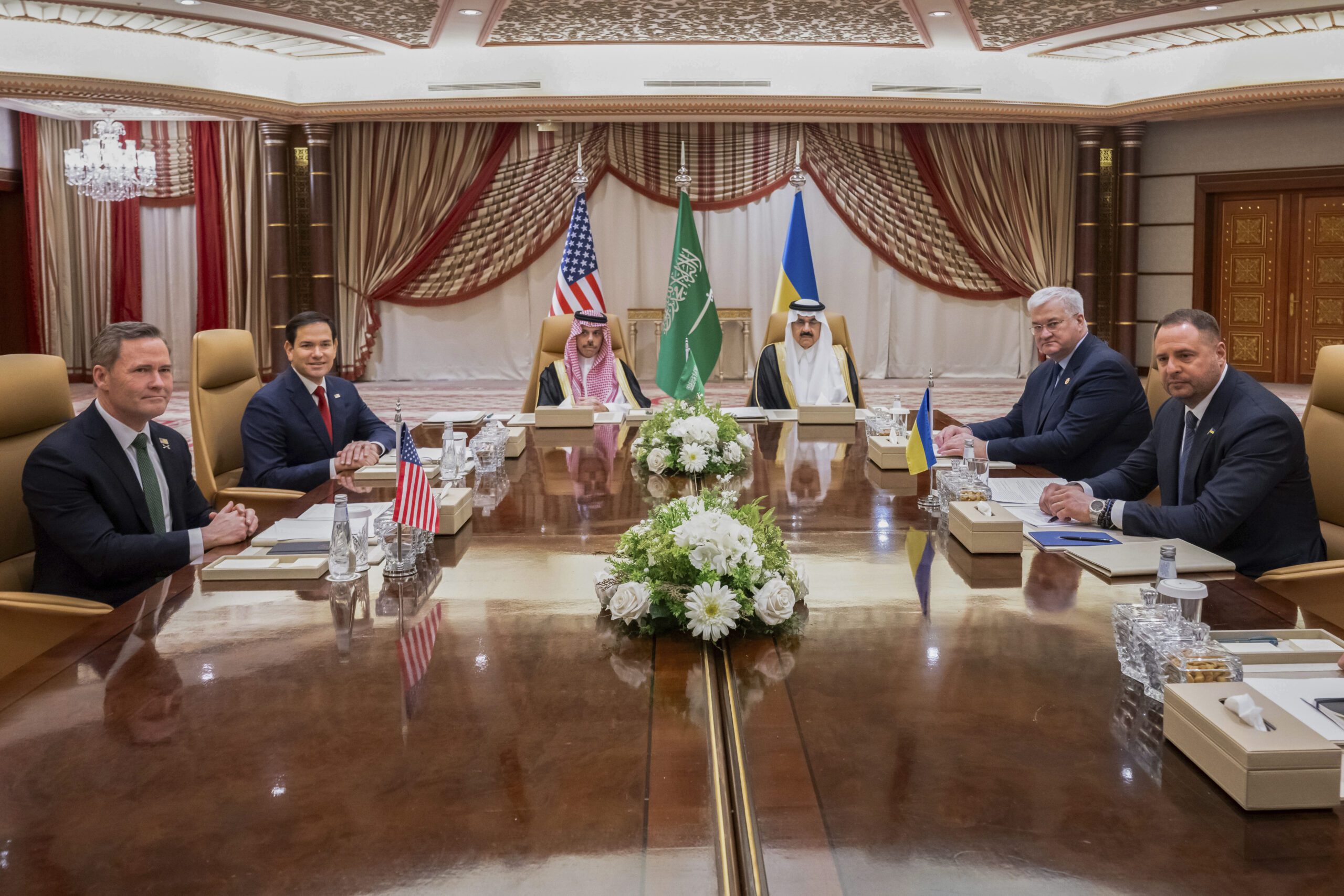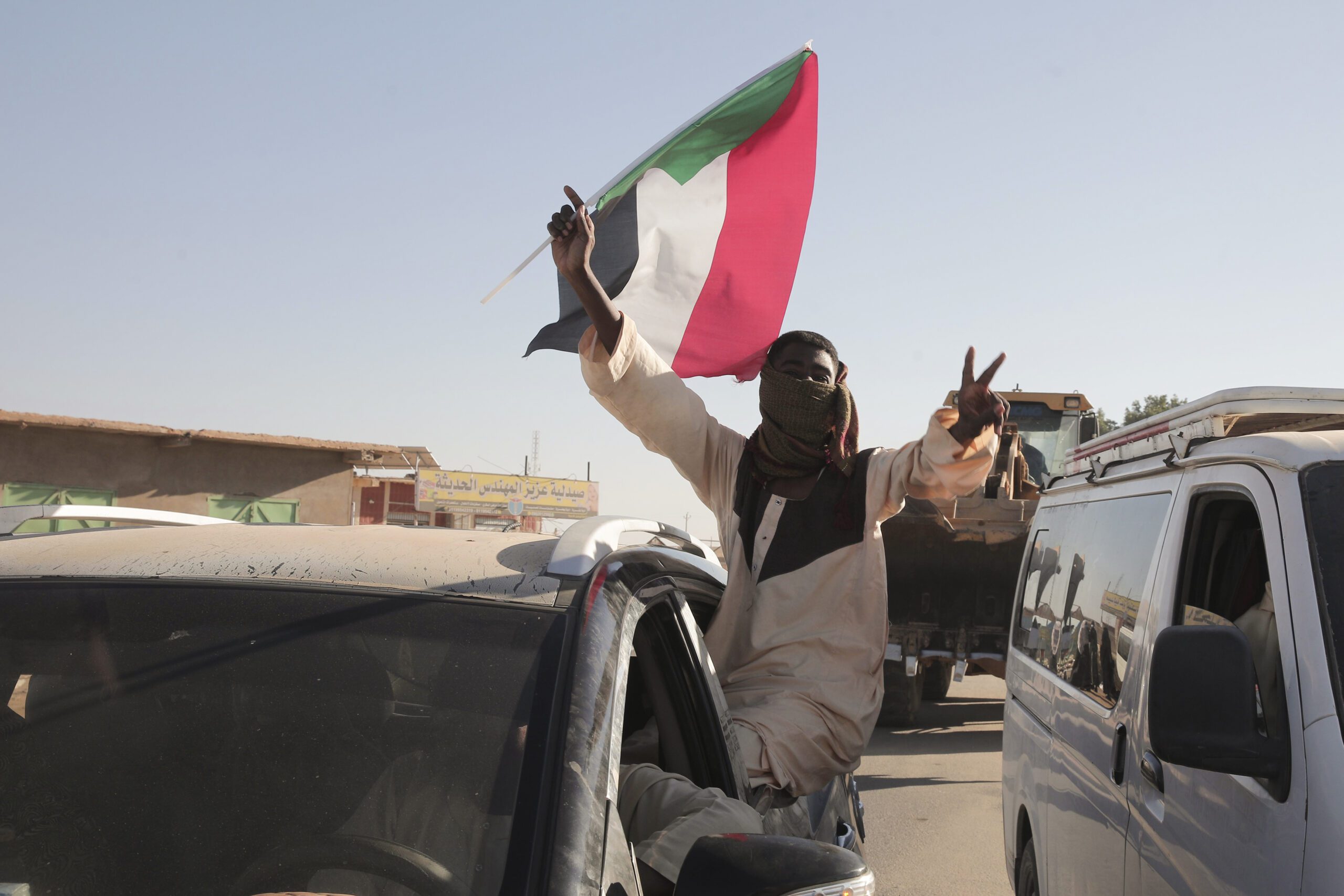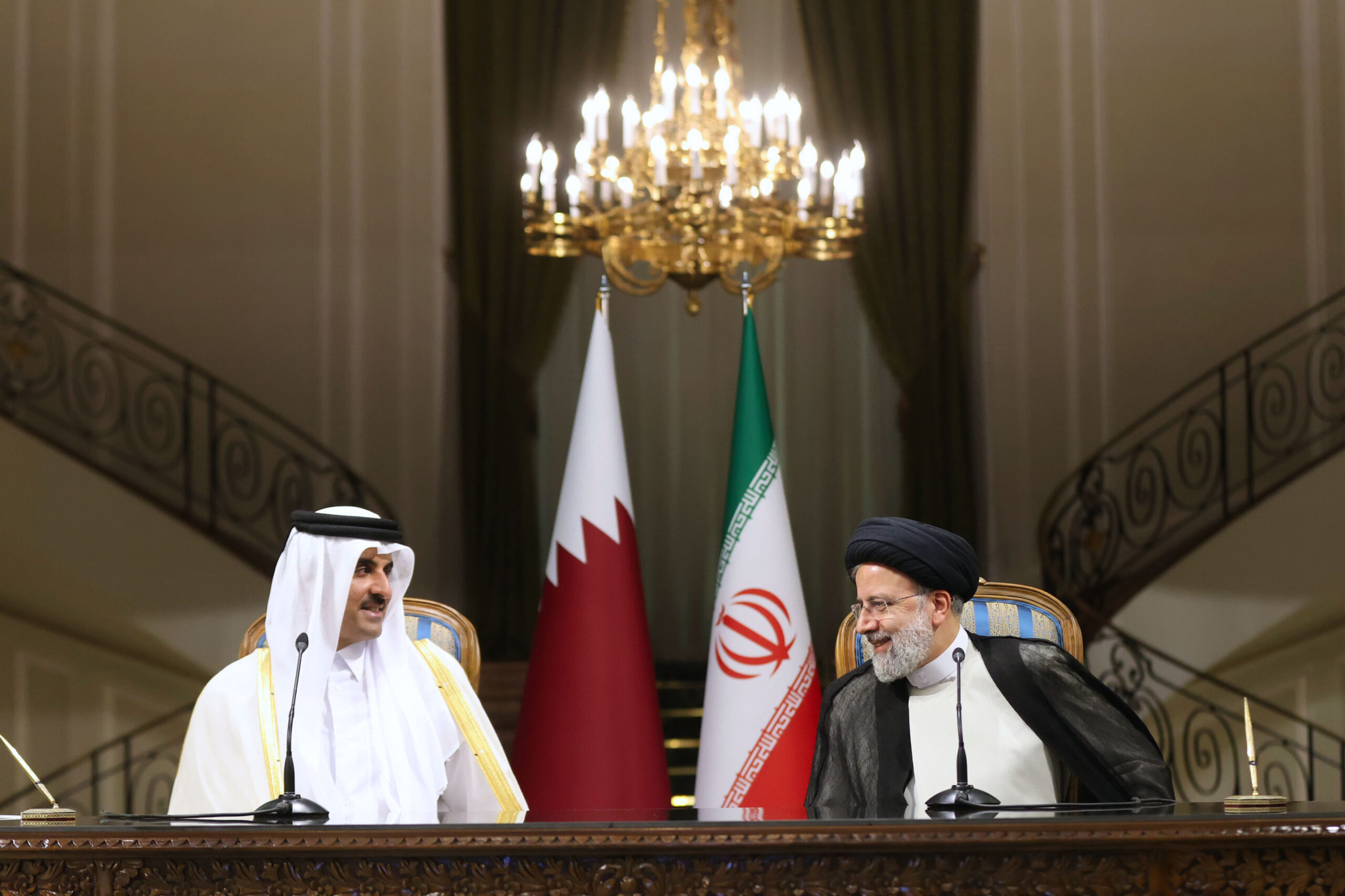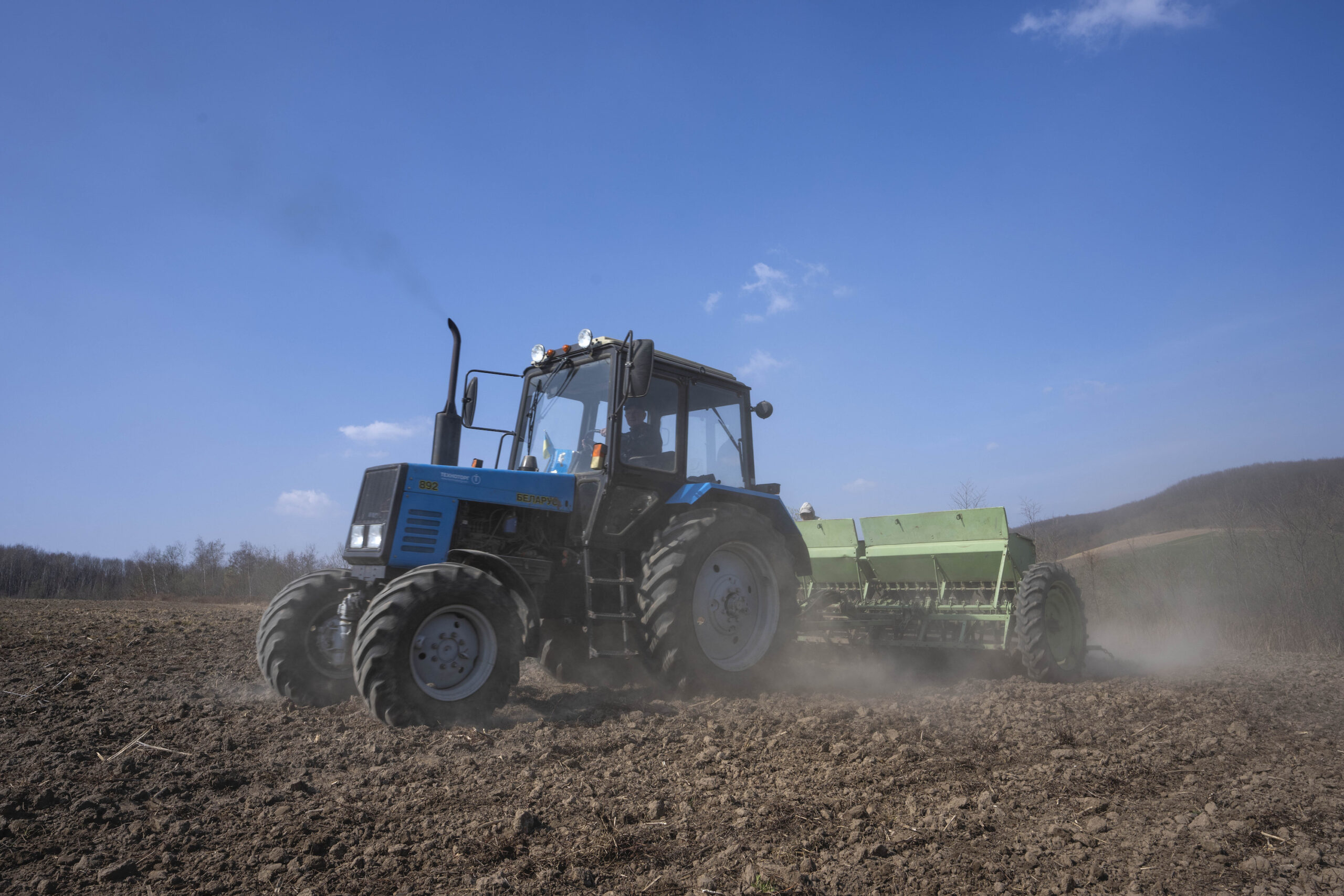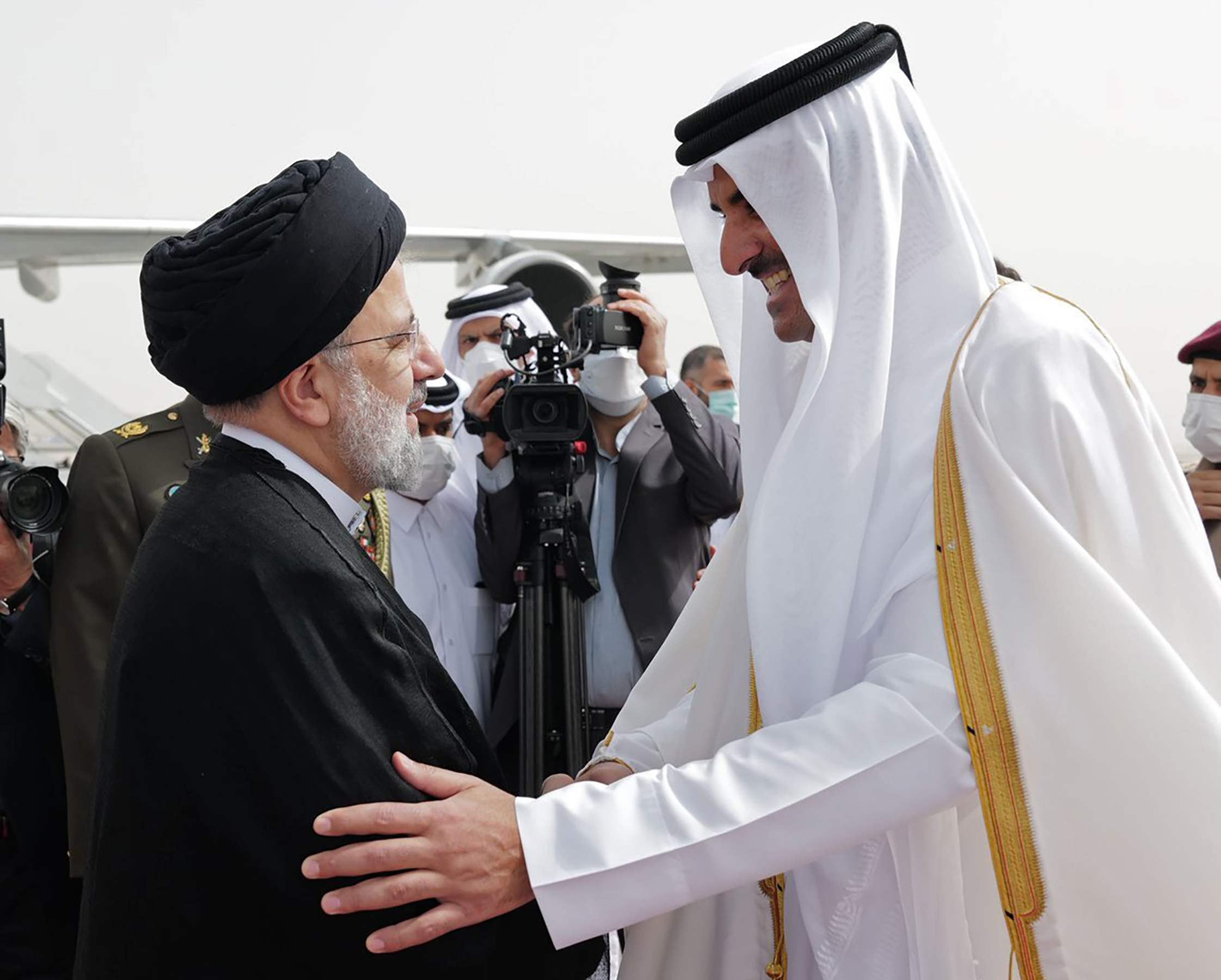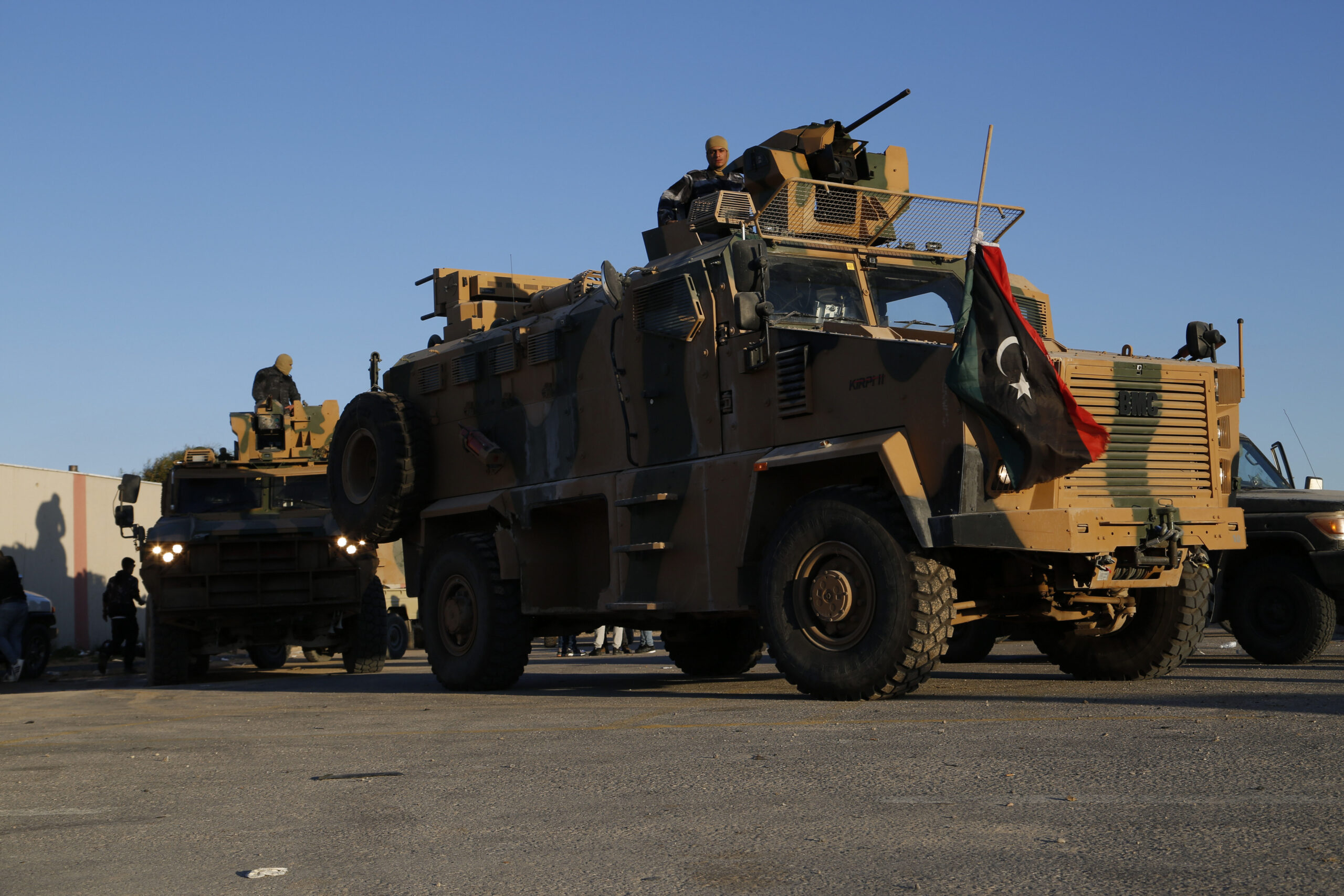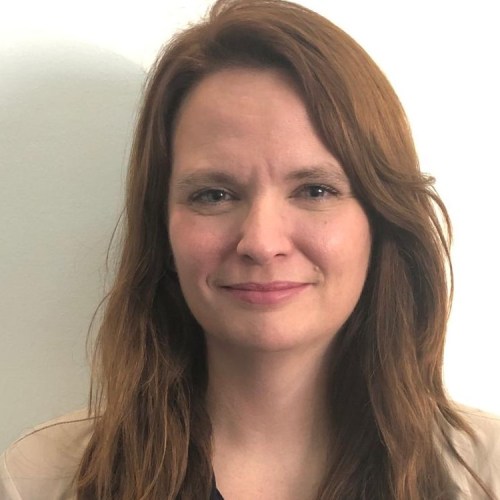
Anna L. Jacobs
Non-Resident Fellow, AGSI
Anna L. Jacobs is the senior Gulf analyst at International Crisis Group and a non-resident fellow at the Arab Gulf States Institute. She is a Doha-based political analyst focusing on the foreign policies of the Gulf Cooperation Council countries and Gulf regional security. Prior to this role, she was a senior political officer with the Shaikh Group, focusing on Track II regional dialogues in the Gulf, and a senior research assistant at the Brookings Doha Center, where she managed the center’s research and publications. She has lived and worked in the Middle East and North Africa for over a decade and her research has focused on Gulf regional security, relations between Gulf Arab states and Iran, the foreign policies of GCC countries in the Mediterranean and Africa, Chinese and U.S. foreign policy in the Middle East and North Africa, as well as governance and regional politics in North Africa.
Prior to moving to Doha, she was the academic director and main lecturer in journalism and new media for SIT Study Abroad in Morocco, where she supported American and Moroccan university students conducting research and reporting on Moroccan politics, culture, and society. She was also an adjunct professor at the Ecole de Gouvernance et d’Economie in Rabat, where she taught courses on media and political economy in the Middle East. She has also worked as a political risk consultant and editor. Her work has been published by the Brookings Institution, The Washington Post, Al Jazeera English, The National Interest, Jadaliyya, Muftah Magazine, and other outlets. She is a contributor to the edited volume The European Union and North Africa: Prospects and Challenges (Brookings Institution Press, 2019) as well as a forthcoming volume on China-North Africa relations.
She received a Master of Philosophy in modern Middle Eastern studies from Oxford University specializing in political Islam and Islamist movements, subaltern studies and history from below, the politics of North Africa, and Arabic. Her graduate thesis focused on the political economy of Morocco and the relationship among business interests, media, and human rights. Prior to her graduate studies she received a Fulbright Scholarship in 2011 to study migration and governance in Morocco in the aftermath of the Arab Spring protests. She was a student in the University of Virginia’s Politics Honors program, where she won the Stevenson Award for Best Thesis for her work on migration between North Africa and Europe. She received a Bachelor of Arts in government, foreign affairs, and French from the University of Virginia in 2010.
